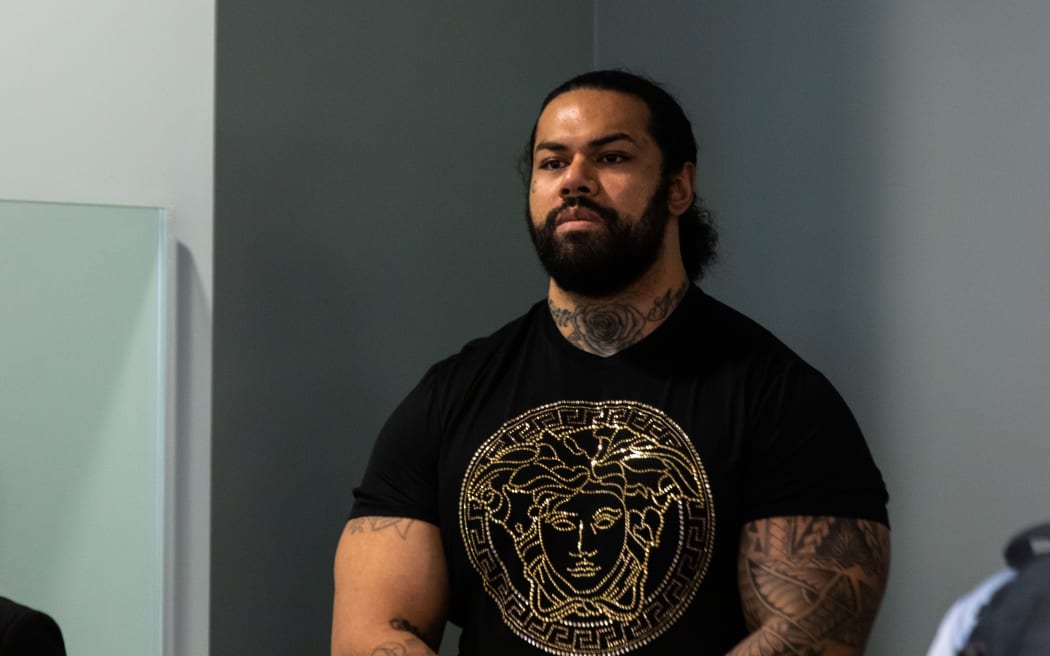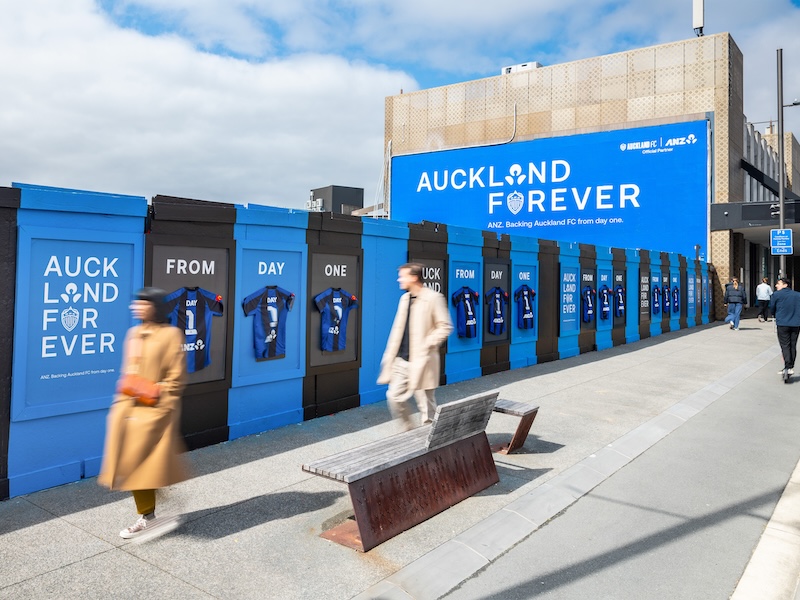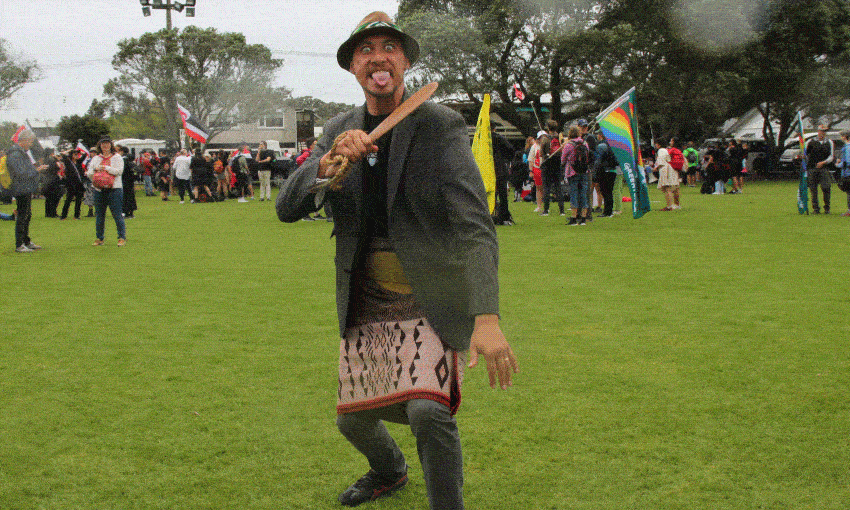
Comanchero Motorcycle Club president Pasilika Naufahu has been denied parole for a second time in four months. File photo.
Photo: RNZ / Dan Cook
The Comancheros gang boss has been denied parole for a second time in four months because he is still considered an excessive risk if released.
Pasilika Naufahu appeared before the Parole Board on 12 September, and was again refused early release after he first became eligible for parole on 11 May.
The 35-year-old was sentenced to 10 years in prison in February 2021 for participating in an organised criminal group, conspiring to deal in a Class B controlled drug, money laundering, unlawful possession of ammunition and assault.
His sentence was later reduced to nine years and three months by the Court of Appeal.
The Comanchero Motorcycle Club president told the board he had done everything he possibly could in prison to show he was a responsible citizen.
Naufahu continued to deny his involvement in drug dealing and confirmed he would continue to be involved in the gang, although he claimed he would obey any orders made by the Parole Board.
Board chairman Sir Ron Young said it was pointed out that Naufahu had the responsibility of caring for young children, and that appeared to conflict with the fact of his significant involvement in money laundering and conspiracy to supply drugs.
“The idea of him as a supportive father and husband is completely inconsistent with his desire to continue on in the Comancheros gang and the prospect of further offending if released.”
The 501, who was deported to New Zealand in 2016, was arrested after raids across Auckland in April 2019, resulting in more than $3.7 million in assets being seized including luxury cars, motorbikes, high-end luggage and jewellery.
Naufahu had been a sergeant-at-arms for the Comancheros in Australia, where he had had a high level of involvement in the gang, together with his brother. He had a number of convictions in Australia, including for violence.
Young said the board was convinced Naufahu remained an undue risk and could not be released.
“We are satisfied he is at high risk of re-offending given his past, given his personality, and given his involvement in the Comancheros gang.”
A psychologist considered a special treatment programme for violent offending would adequately meet Naufahu’s rehabilitative needs.
Naufahu, however, believed he had been treated seriously unfairly and he would not be transferred to another prison to complete the programme.
“He did not think in any event that programme would be helpful for him because he did not consider he was a violent person and so that would be essentially a waste of time for him.”
Young said the board was confident the programme recommended was the appropriate risk-based treatment for him and hoped he would undertake it with an open mind.
“We can see no reason why he cannot transfer prisons to undertake that programme and we hope that can happen as soon as reasonably possible,” Young said.
“Given he is currently at high risk of re-offending and without any further rehabilitative programmes it is difficult to see the way out of prison for him before his sentence end date.”
Naufahu, who has a statutory release date of July 2028, would be seen again by the board before the end of December 2023.
This story originally appeared in the New Zealand Herald





















Discussion about this post